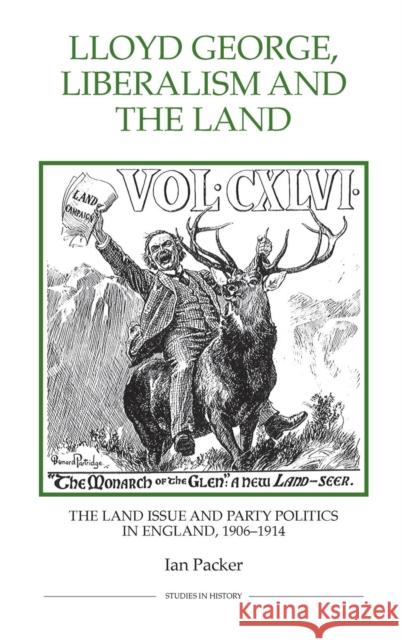Lloyd George, Liberalism and the Land: The Land Issue and Party Politics in England, 1906-1914 » książka
Lloyd George, Liberalism and the Land: The Land Issue and Party Politics in England, 1906-1914
ISBN-13: 9780861932528 / Angielski / Twarda / 2001 / 234 str.
Lloyd George, Liberalism and the Land: The Land Issue and Party Politics in England, 1906-1914
ISBN-13: 9780861932528 / Angielski / Twarda / 2001 / 234 str.
(netto: 391,64 VAT: 5%)
Najniższa cena z 30 dni: 371,82
ok. 30 dni roboczych
Dostawa w 2026 r.
Darmowa dostawa!
In the late nineteenth century Britain was one of the most urbanised societies in the world, yet land reform remained an important element in its politics. This book explores this paradox through an examination of the Liberal Party's increasing interest in the English dimension of the land question. Most historians have dismissed this phenomenon as a product of romantic views about the English countryside and Liberalism's failure to engage with the problems of urban society. In contrast, the author argues that English land reform was important to Liberals because it both expressed their deeply-held hostility to landowners and functioned as a variety of strategies to win electoral support and deal with pressing political issues. Moreover, while Liberals did not always benefit from their association with the land question, it became a matter of crucial significance in 1909-14, when Lloyd George unlocked its potential as an election-winning asset and used it to form a bridge between traditional radicalism and the New Liberalism.Dr IAN PACKER teaches in the School of Modern History at the Queen's University, Belfast.











